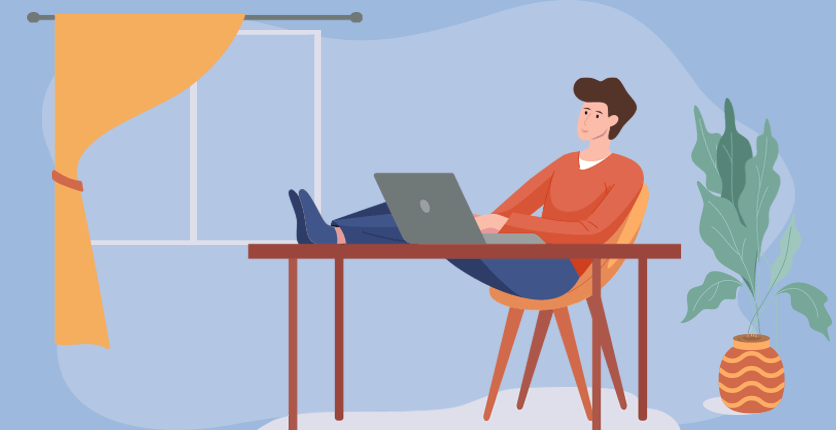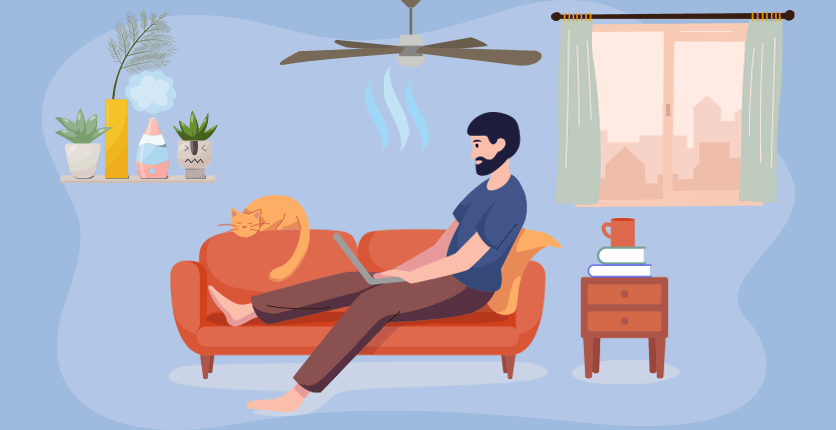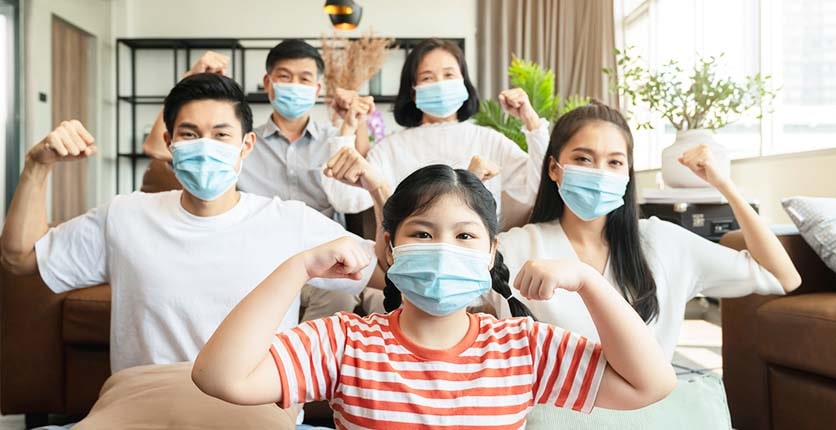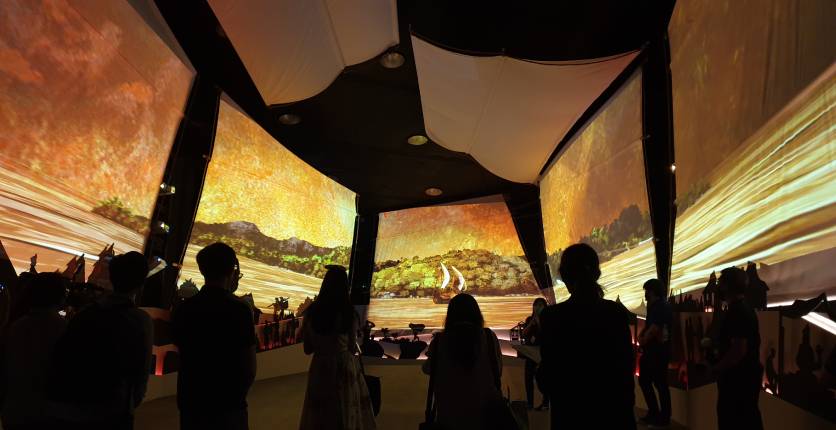Studies have shown that more Covid-19 transmissions happen within enclosed spaces. The more stagnant the air in an enclosed room, the easier it is for airborne viruses to remain in the space for longer periods of time, thus increasing the risk of infection. Poorly ventilated rooms also increase the likeliness of damp conditions in the room – which are ideal for the growth of bacteria and viruses.
Information from the World Health Organisation (WHO) and our very own National Environment Agency (NEA) recommend simple strategies like opening doors and windows to improve air flow and ventilation in your rooms and indoor spaces. So to reduce the risk of transmission of Covid-19, it’s better to have good air ventilation in both your work and home spaces for peace of mind.

Bring In The Fresh Air
There’s a reason why most people get infected in indoor air-conditioned spaces: if there are too many people in not-well-ventilated room, then the risk of the virus transmitting is more likely as droplets and aerosols get concentrated quickly within the space. Fans blowing in enclosed space without open windows or doors may also help the virus to circulate to more people in the room.
So if you can do without the air-con, switch it off and open your windows or doors to let the fresh air ventilate your space better.
If you really can’t bear the heat (even with the fans on!), keep the air-con on but open the windows and doors to let fresh, clean air in – even a slight opening is good!
Create Better Air Flow
With the windows and doors open you can create a continuous air flow in the room with the help of standing or pedestal fans. Position the fans to blow air towards open windows or doors, creating a ‘wind tunnel’ that directs the air within the room to the outside. This helps create a better and continuous air flow in the room. Note: Fans should not blow towards people as this might direct the airborne viruses to them.

Use Ceiling Fans
Improve the air flow in your rooms with ceiling fans – they prevent air from becoming stagnant, helping it to circulate from inside the room to out, and vice versa. Note: Ceiling fans should be used with open windows or doors.

Install Exhaust Fans
If you have a space that lacks adequate openings for fresh air flow, then install exhaust fans to circulate the air better. Make sure the exhaust fans expel air into open surroundings and not into another indoor space nearby.
Purify The Air
Air purifiers can also help to reduce air pollutants and viruses in enclosed spaces or rooms, but they are not a substitute for good ventilation practices. Larger spaces may need more than one air purifier, and they should be switched on 24/7 for best results.
There are three types of air purifiers with different technologies to help kill airborne viruses – HEPA-based, UV light and Ioniser purifiers. All three work with air filtering systems to cleanse the air by ridding it of most pollutants and viruses, and expelling fresh air in the process. For best results, don’t block the air flow around the purifiers and remember to wash the filters once every two weeks.
A reminder again that air purifiers are effective against the Covid-19 virus but they are not enough for full protection. Combined with other best ventilation practices, the purifiers can help reduce transmission within enclosed spaces.
Best Practices: Distancing & Masks
If you’re in a well-ventilated room and space, it’s still advisable to wear a mask and keep 1 metre apart from your colleagues or guests. These best practices will help prevent you from getting infected with Covid-19.
For more information on how better ventilation helps prevent Covid-19 transmission, check out:
www.who.int/news-room/q-a-detail/coronavirus-disease-covid-19-ventilation-and-air-conditioning-in-public-spaces-and-buildings
www.straitstimes.com/singapore/consumer/no-need-to-use-air-purifiers-at-home-natural-ventilation-is-key-to-reducing-risk
www.epa.gov/coronavirus/will-air-cleaner-or-air-purifier-help-protect-me-and-my-family-covid-19-my-home
How do you create better ventilation at home? Share your tips with us at magnsman@sph.com.sg!









